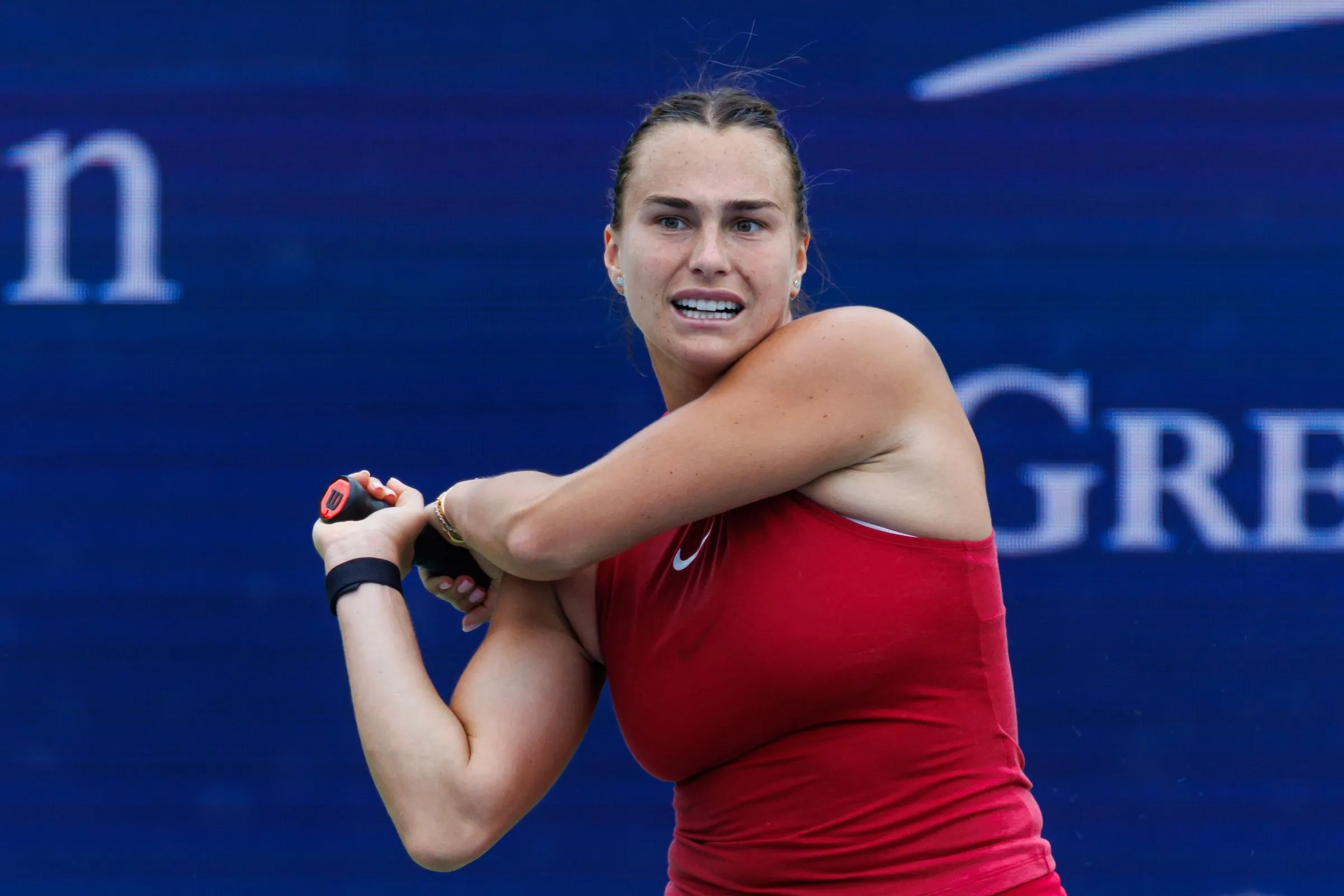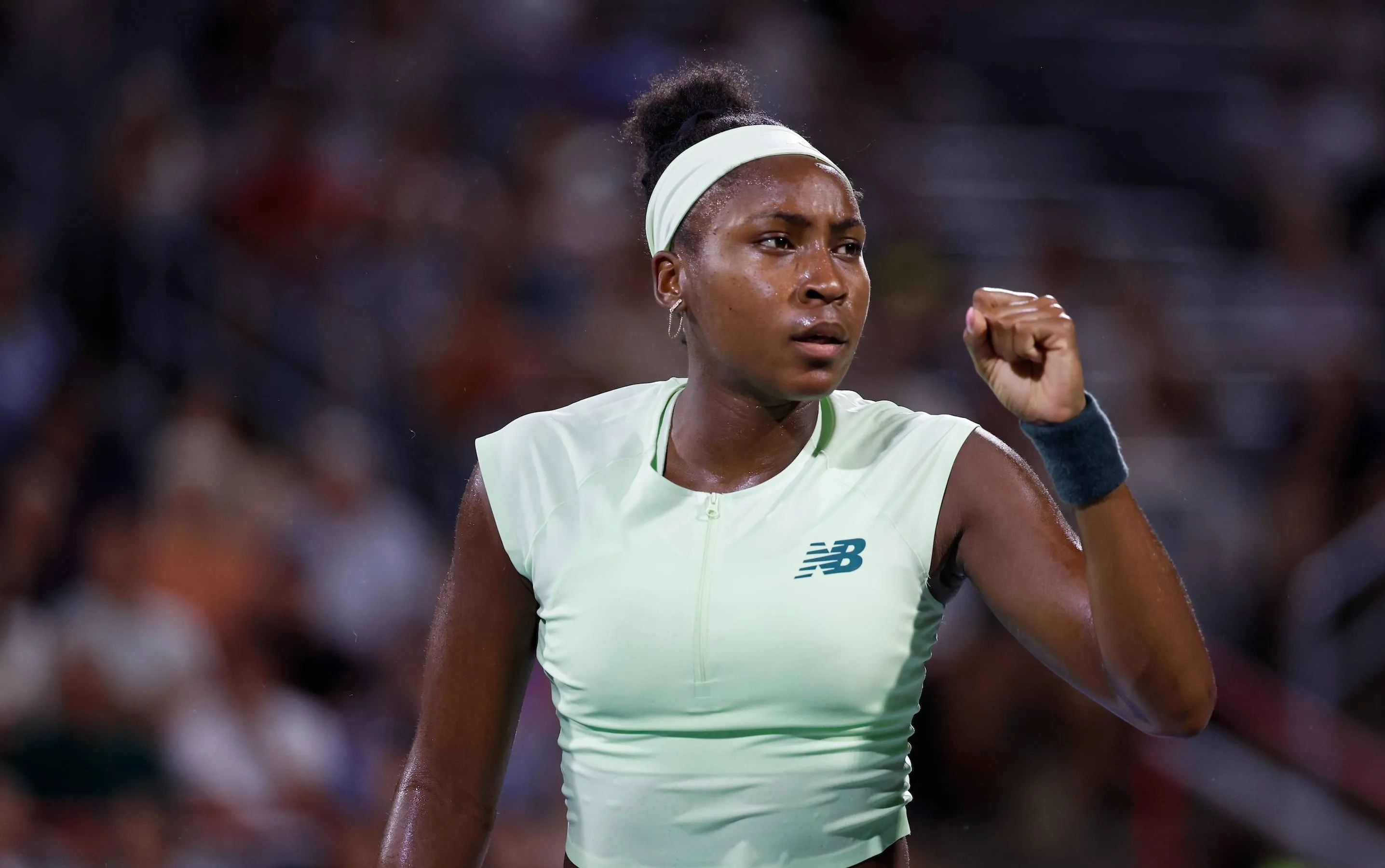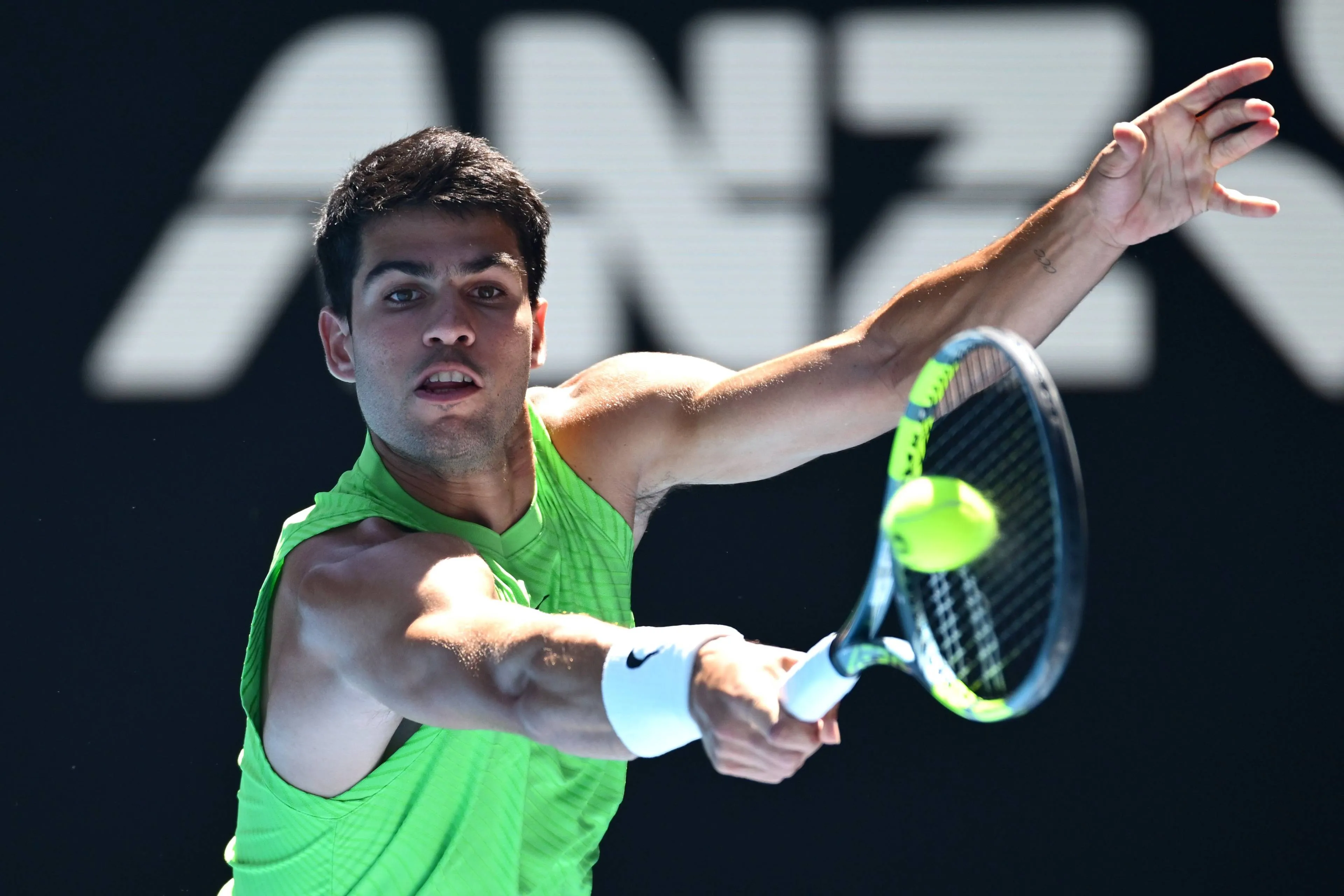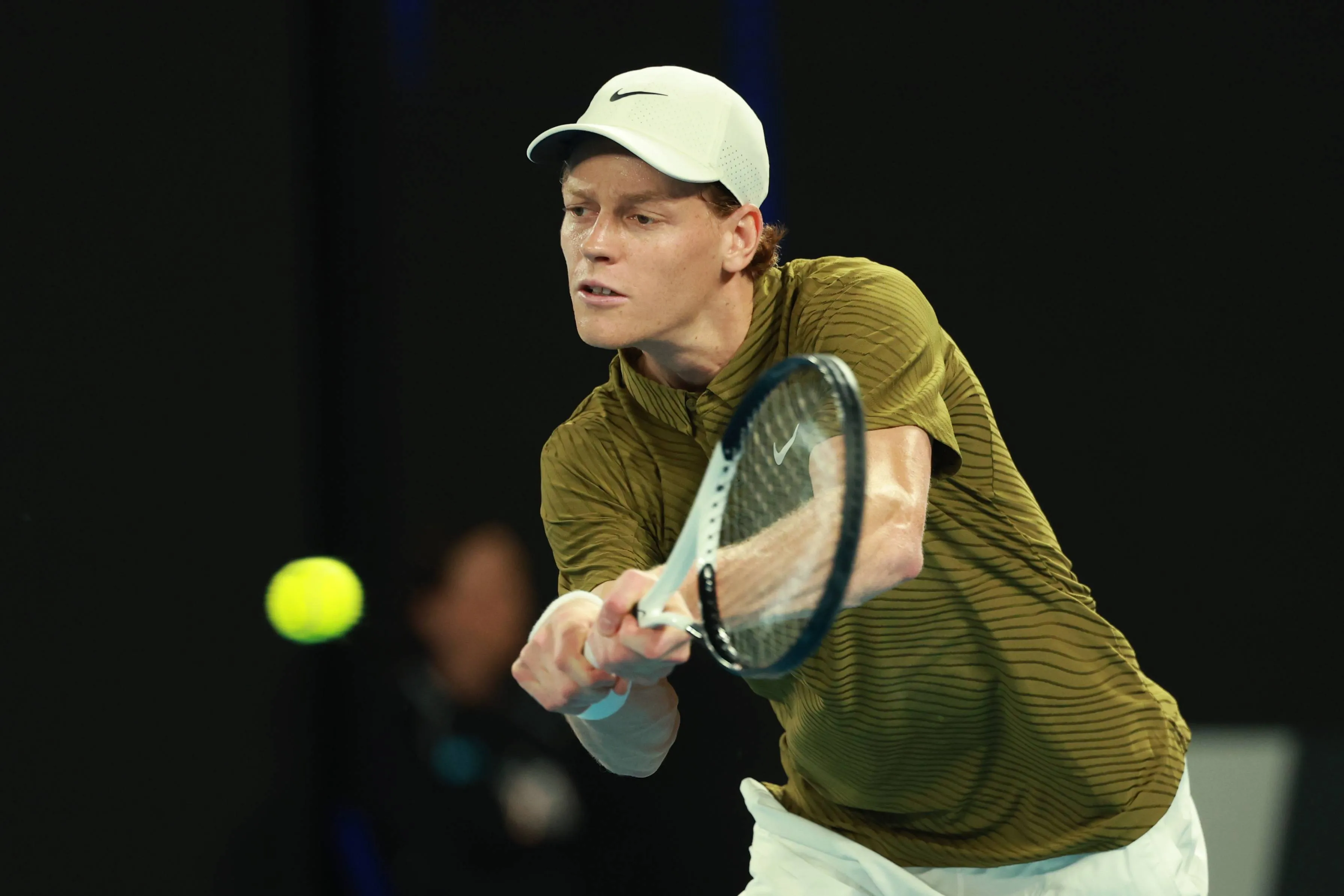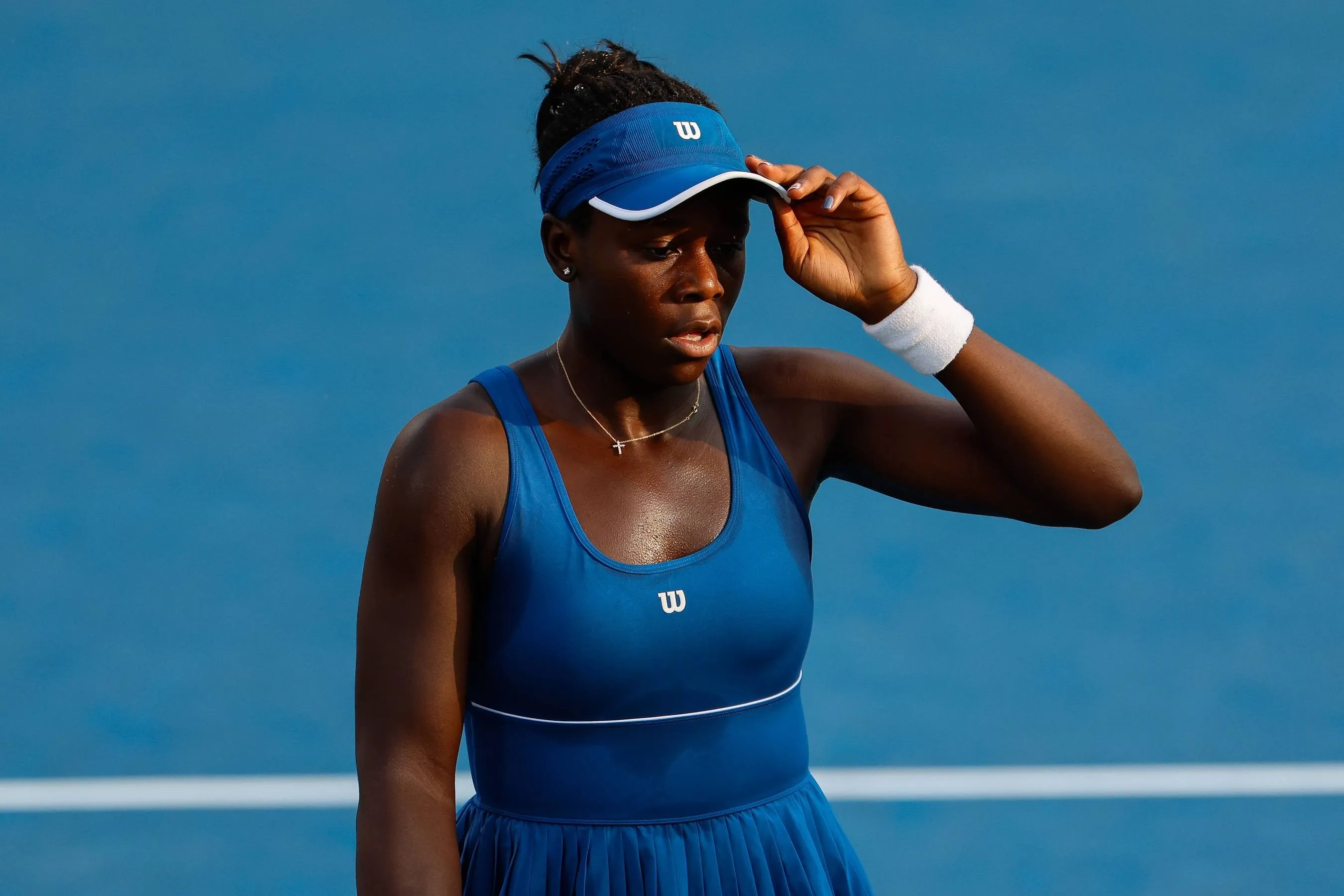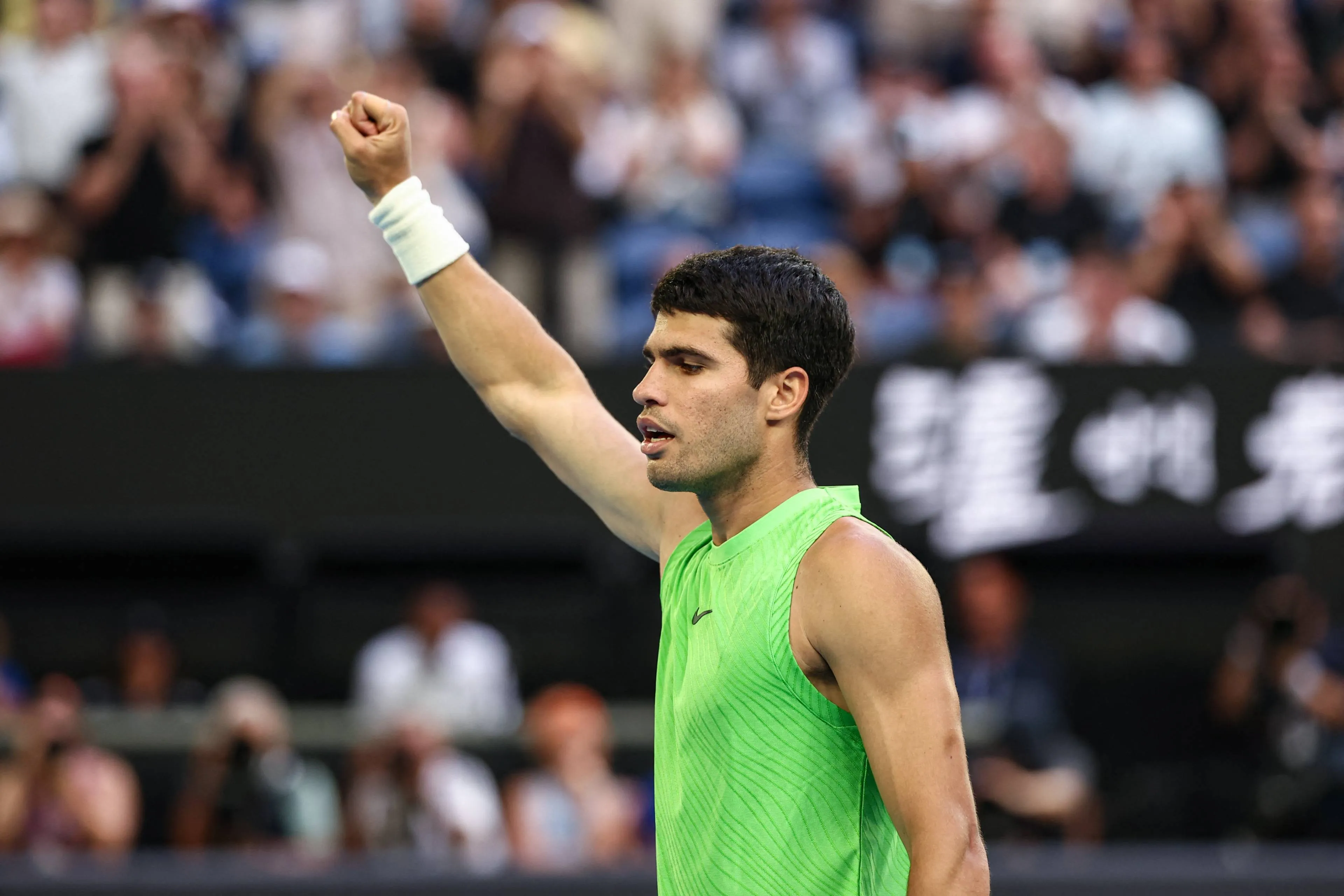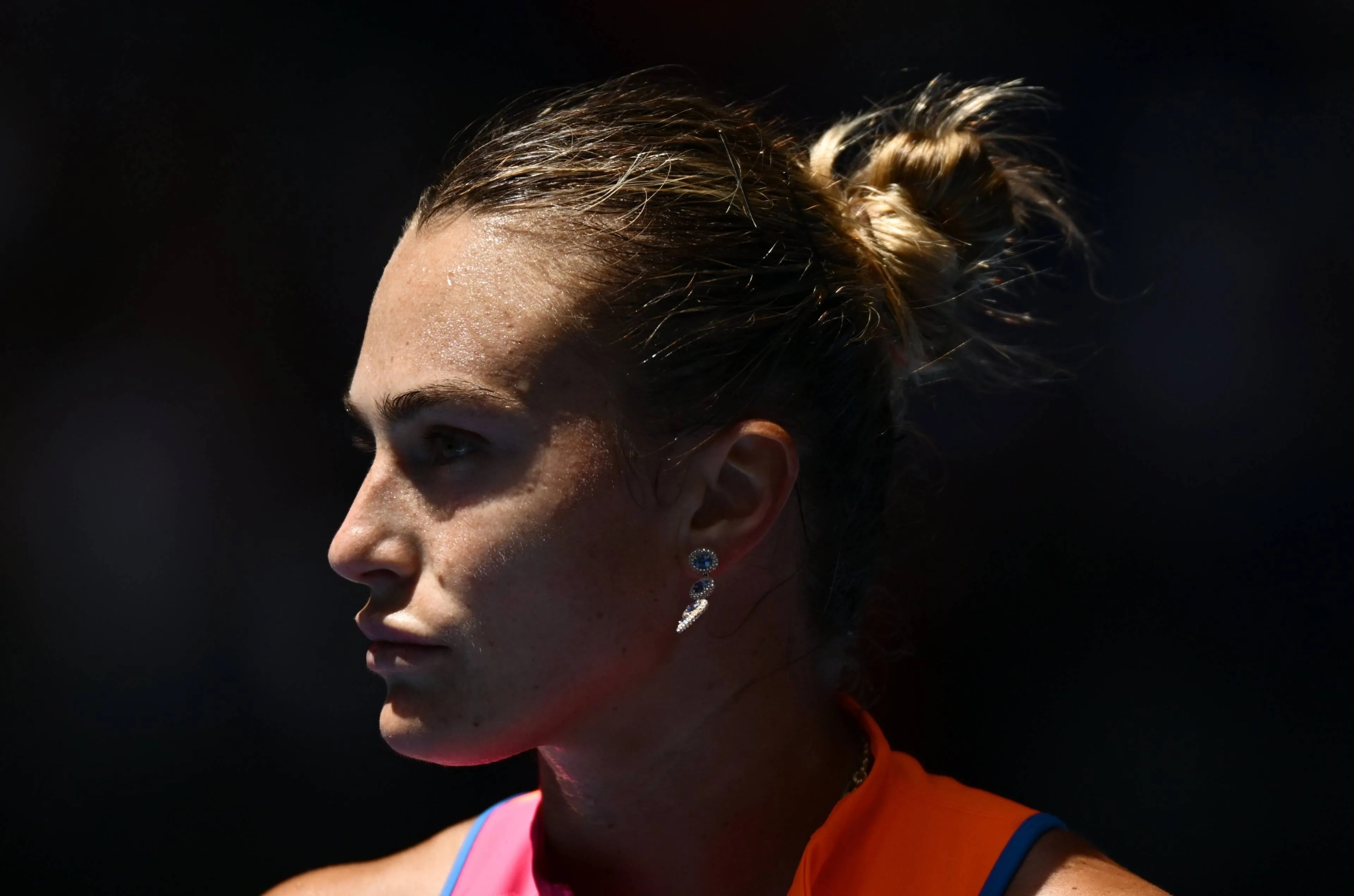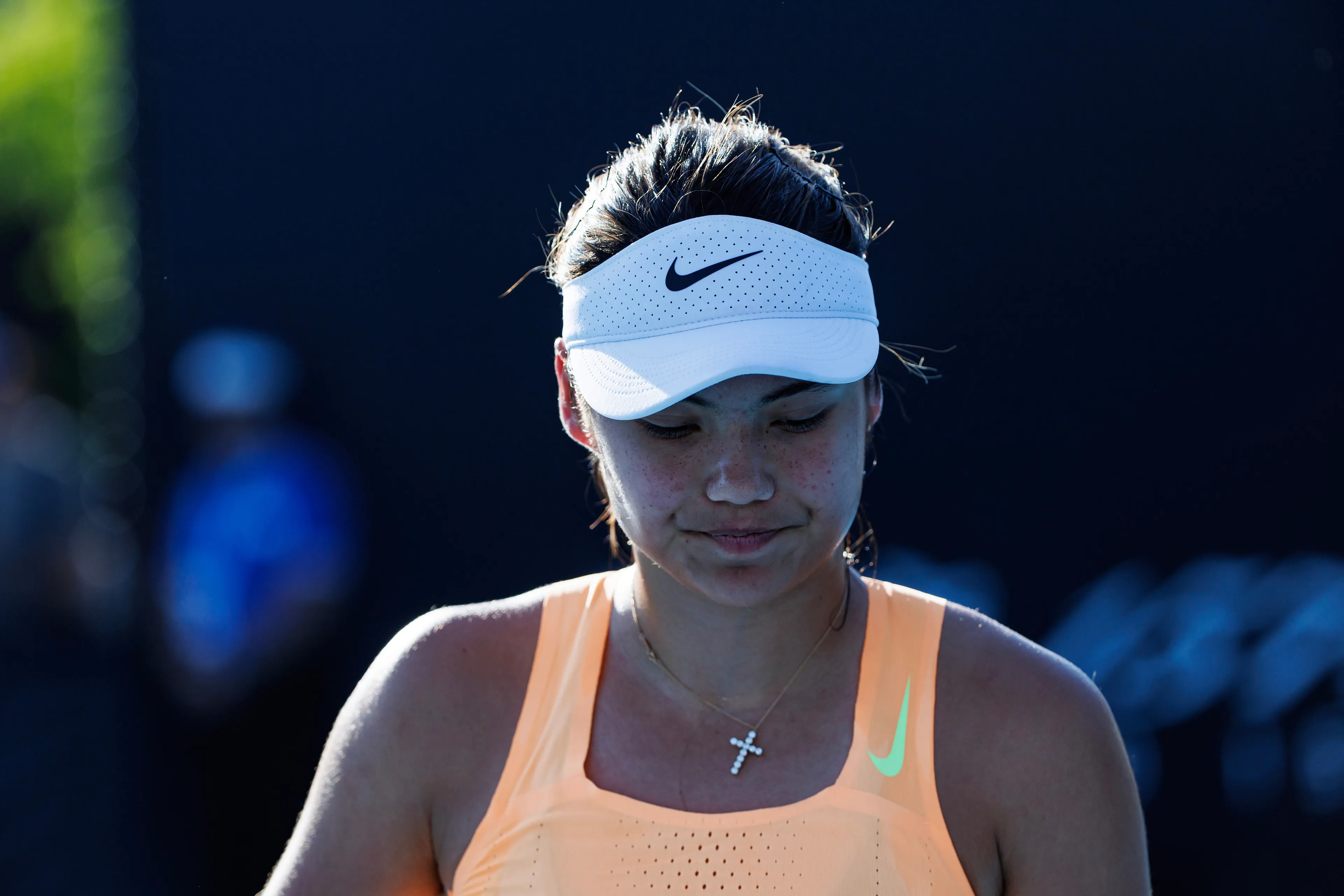Why Victoria Mboko will win a Grand Slam title in her career
OpinionSunday, 02 November 2025 at 12:19
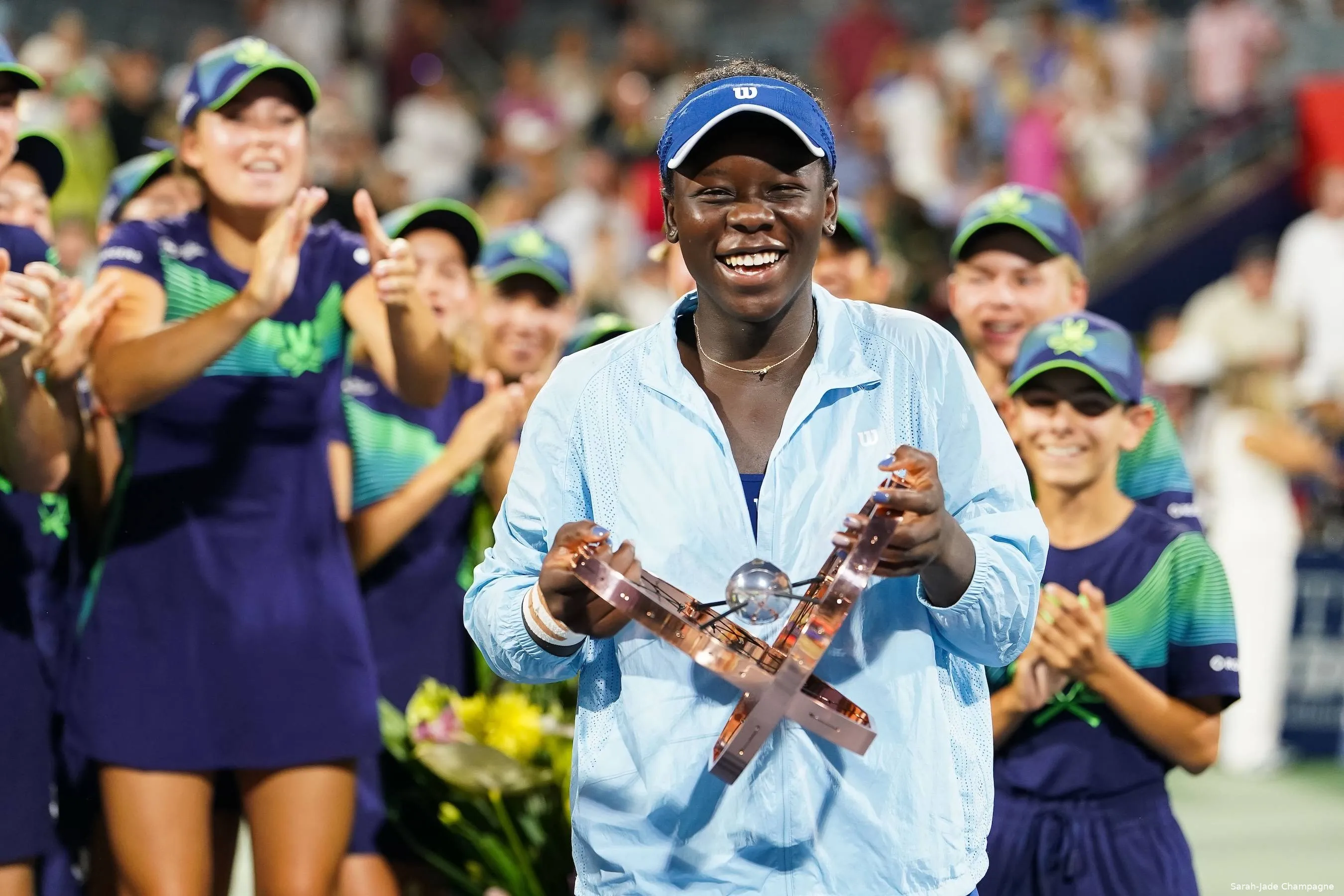
Victoria Mboko suddenly rose to prominence this year, and she undoubtedly has what it takes to win at least one Grand Slam during her career.
Mboko's run to the 2025 Canadian Open title was the most unexpected moment from this year's WTA season. She had only recently become known to most tennis fans before her stunning run to glory on home soil in Montreal.
The 19-year-old's achievements and overall game leave reasons to be confident about her chances of becoming a Grand Slam champion. This article outlines three reasons why she will win a major title.
Mboko already possesses significant power
It is common for talented, young players on the WTA or ATP Tours to be technically strong without being as powerful as many established at the top because they have not built up years of work in the gym.
Alexandra Eala and Maya Joint, two other young WTA players who enjoyed significant breakthroughs in 2025, show this. Both are exceptional movers, returners, and have solid groundstrokes on both sides, but do not yet have formidable serves or overwhelming force from the baseline.
Mboko's ball-striking at 19 gives her an edge. She has a powerful first serve and hits hard from both sides. That is especially true of her forehand, which could become one of the biggest shots in women's tennis.
The Canadian's most significant weakness is finding the right balance with her second serve, which is prone to double faults. Incredibly, Mboko won the title in Montreal despite hitting 13 double faults in the final and 11 in the semifinal.
She and Coco Gauff, who Mboko defeated in her run to the Canadian Open title, must improve that shot. Gauff hit 400 double faults for a second consecutive season. The rest of the teenager's game is in a great place.
Mboko has already shown her ability to dig in despite being so young
Although Mboko has played fewer professional matches, she shares Gauff's battling qualities and ability. Her grit was shown in Montreal and in her performance at the 2025 Hong Kong Open.
At the Canadian Open, Mboko recovered from losing the first set 1-6 against Marie Bouzkova in the round of 32 before even more impressive comebacks against Elena Rybakina in the semifinal and Naomi Osaka in the final.
Mboko dropped the opening set to Rybakina 1-6, but stunningly saved a match point on her way to a memorable 1-6, 7-5, 7-6 victory. She started similarly slowly against Osaka, losing the first set 2-6, before winning 2-6, 6-4, 6-1.
It was incredible for a then-18-year-old to show that composure to recover on multiple occasions in front of her home fans on a significant stage. That mentality will make it easier for her to cope with pressure in the latter stages of Grand Slams.
Mboko reached her second WTA final at the Hong Kong Open and also won her second title. She recovered from losing the opening set against Talia Gibson, Eala, and Leylah Fernandez, the final two of those wins being particularly impressive.
The epic 3-6, 6-3, 6-4 victory against Eala included her recovering from 1-4 down in the deciding set. It was an incredible battle, and they could form one of the most exciting WTA rivalries in the future.
Mboko has so much time to improve
Some of the best WTA players developed later in their careers. Current world No. 1 Aryna Sabalenka won her first Grand Slam as a 24-year-old, and her spell of more than 12 months at No. 1 began as a 26-year-old.
2024 US Open runner-up and former world No. 3 Jessica Pegula became a force in her late twenties. Olympic Gold Medalist and two-time Grand Slam runner-up Jasmine Paolini had never passed the second round of a major when she turned 28.
Those women show how a few years of work can get a player near the top. Mboko, like 21-year-old Gauff and 18-year-old Mirra Andreeva, has the benefit of 15 years or more to win one or more Grand Slams.
Mboko's interviews show she is very mature for her age and will probably not become egotistical in the future. That mindset can help her stay focused and realize she has many years to be successful when challenging moments arise.
That time to improve, her mentality, and an already formidable game mean she is well-placed to win a Grand Slam, despite the WTA Tour's standard being as high as it has ever been. Mboko's rise is another reason to be excited about women's tennis' future.
Read also
Loading

